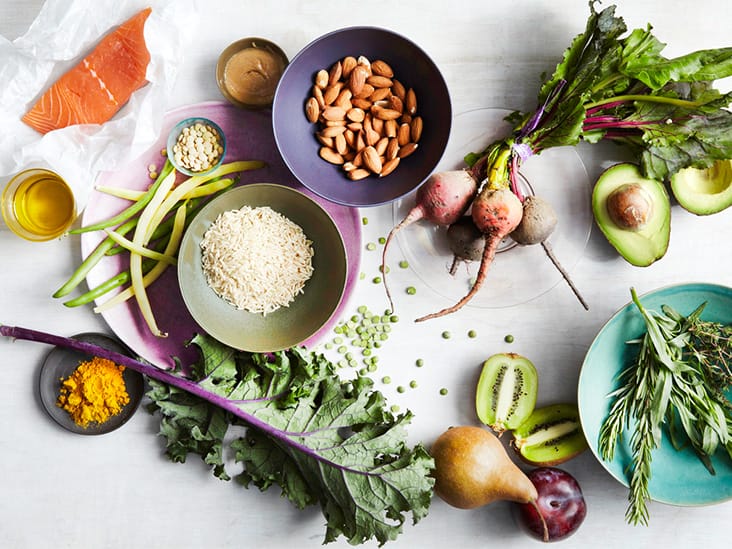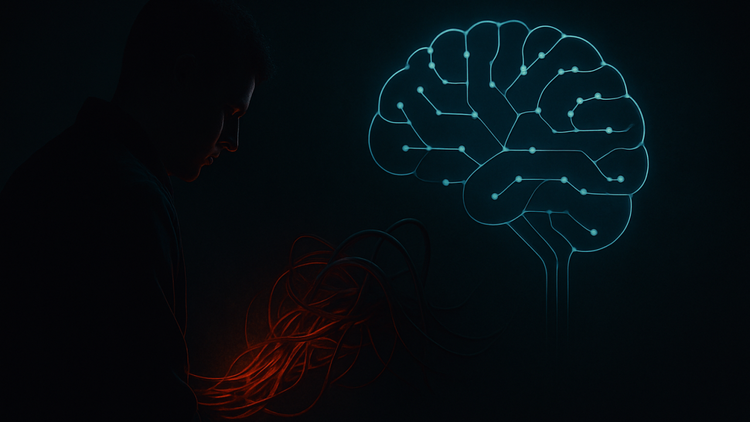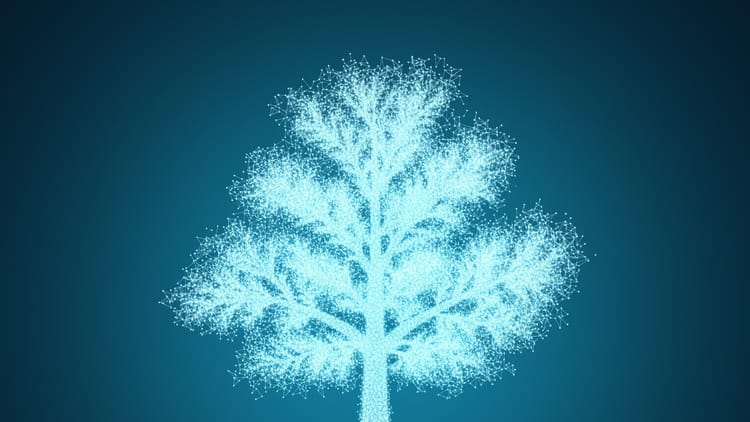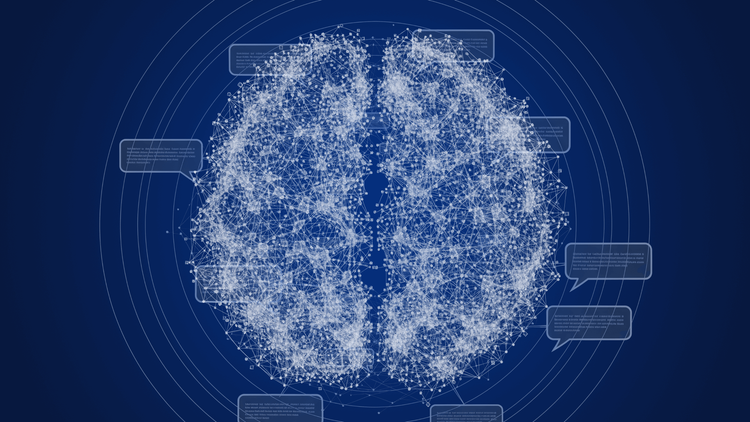The agriculture supply chain is plagued with inefficiencies, and the food on our tables may have hopped multiple borders and oceans before we even purchased it off the shelf. The supply chain is becoming overstretched, and its inefficiencies have, in previous years, cost the economy around $400 billion annually.

There’s a lack of transparency in agriculture, and there is an abundance of false data. Last year in Mozambique a study revealed that the country’s agriculture sector has been using erroneous data for the previous five years. This led the government to believe that production was a lot higher than it was, skewing provisions of seeds and other aid for the sector.
In virtually all supply chains, one-third consists of food fraud. A study released last year states that olive oil is a vulnerable product for fraud, in cases being mixed with fraudulent oils and mislabeled with quality grades. And that’s merely one example.
Blockchains for Supply Chains
Blockchain doesn’t only provide a trusted, immutable source – it’s secure, some describing its value as a ‘single source of truth.’ And there are no middlemen involved.
With blockchain technology, all information becomes immutable, and it’s a much safer virtual environment. How it aids supply chains is that it creates more transparency and it generates efficiency. It’s a peer-to-peer system, making it a network technology through which one gets much better relationships with customers and suppliers. And just within that, it opens up a myriad of new opportunities.
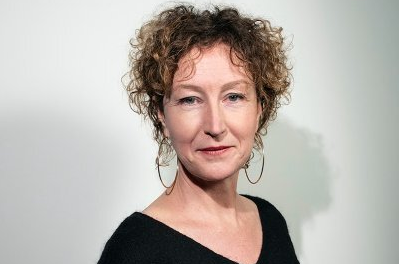
Marieke de Ruyter de Wildt who was born in Tanzania and is currently based in the Netherlands, has a computer science background. Ever since she began her journey in the software industry, her focus has been on the agriculture supply chain. Around six years ago, she was heading up a software company where they were digitising the compliance process for farmers. It was during this time that blockchain began maturing in the financial world. She thought, “Ok, now it’s mature enough to transform agriculture.”
Blockchain is the technology that will help the agri-food system transform into web3. And I’m very convinced that that will bring a lot of good to food. – Marieke
The New Fork
Five years ago, Marieke founded The New Fork to use blockchain technology for “Global Food Integrity.” Their layer-1 blockchain is the Open Food Chain (OFC), which currently has two implementations. The first is the juice industry (Juicychain) and another with chefs (Chefchain). Marieke says that chefs are the influencers in our food system, as these are the people the public listens to – their behaviour is what we copy. “But chefs have no idea what they have on their kitchen table.”
JuicyChain improves transparency and accelerates demand for sustainably produced juices, by connecting more than 50 partners in the supply chain. It also supports customers and consumer-facing communication on sustainable juice. On the JuicyChain website it’s as easy as scanning a QR code to track the ingredients in your bottle of juice, across the supply chain.
The Blockchain Burger
Now you can trace all the ingredients in your burger to their origin.
The blockchain hamburger was launched so that the public could begin to understand what the blockchain technology has to offer in its powerful capabilities. Following the link below, when you click on each ingredient, it gives you the exact information and location where it was sourced from, with an exact address.
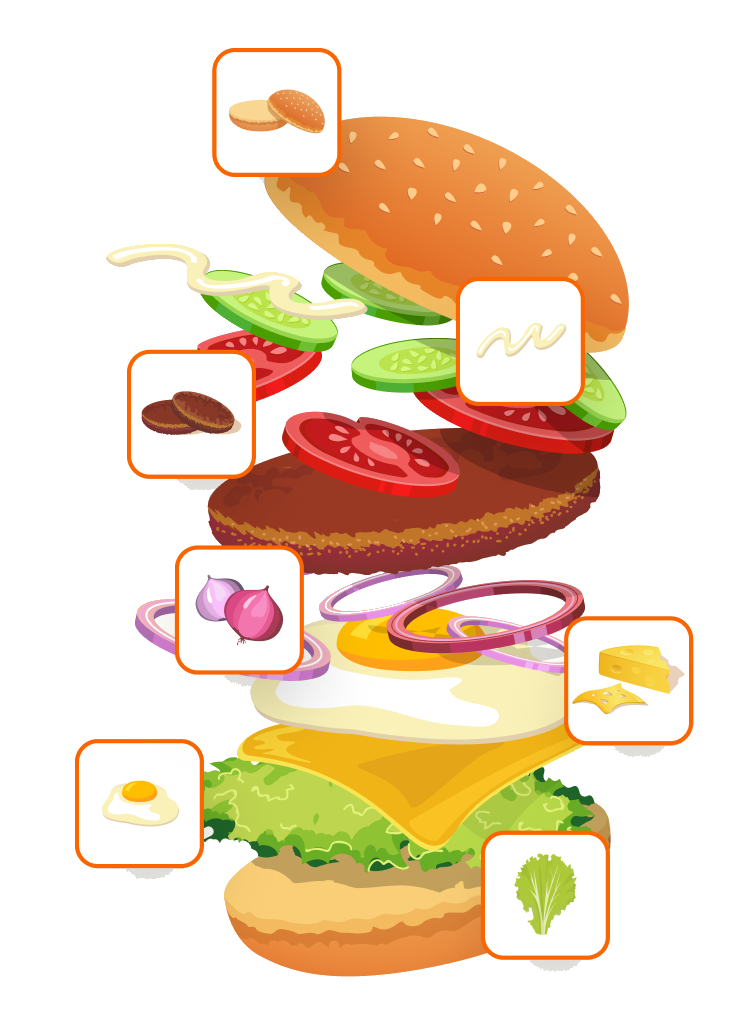
The challenges
Marieke says that the most considerable challenge to their work is that agri-foods are generally very conservative. They can come across as reluctant and possibly frightened of new digital technologies. The adoption rate of the use of data for efficient agriculture is slow. It has nothing to do with the technology itself. It’s about people being ready to adopt technology and make agriculture more sustainable.
The beginning of every sustainability practice is transparency. – Marieke
Blockchain technology offers transparency and answers to the inefficiencies that afflict agriculture supply chains. We are still wasting 40% of our food, so Marieke believes that’s where we need to start - work towards sustainability.
Marieke and her team have ambitious plans, however. They are planning on finishing their launch of three new industry chains for different food industries, focused on the olive oil and cacao supply chain, by the start of next year and launching a consumer app by the beginning of Q2 of the same year.
